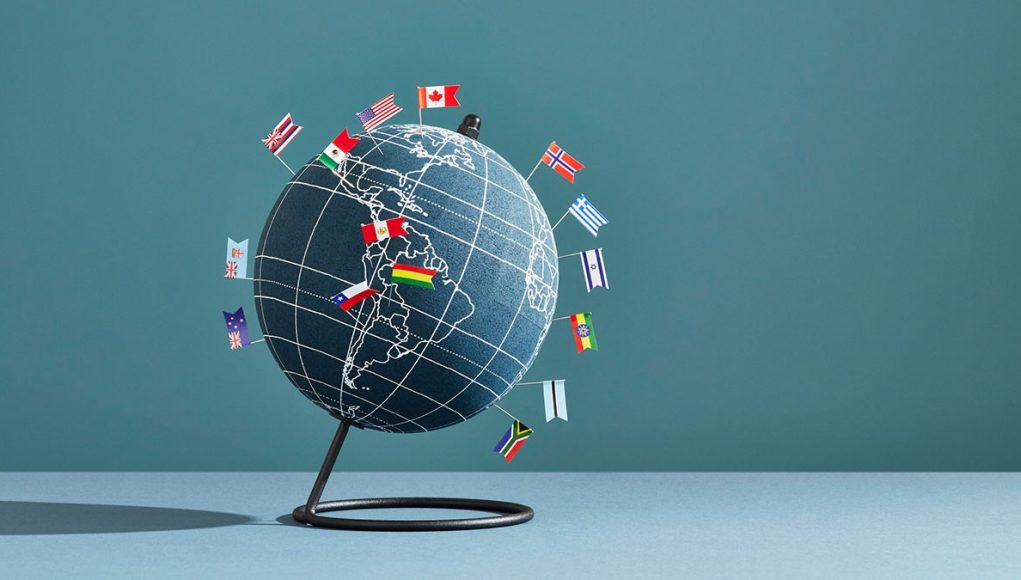Introduction
The Indian stock market and economy are deeply interconnected with global markets. Economic trends, trade relations, and financial policies worldwide significantly influence India’s financial sector. This blog explores the intricate relationship between global and Indian markets, highlighting key factors, trends, and future implications.
1. Impact of Global Markets on Indian Economy
India, as an emerging market, is highly sensitive to global economic shifts. Key influences include:
- Foreign Institutional Investments (FII) – Global investors bring liquidity but also volatility.
- Currency Fluctuations – The value of the Indian Rupee (INR) is affected by global currency movements.
- Commodity Prices – Global oil and gold prices impact inflation and economic stability.
2. Trade Relations and Global Supply Chains
India is part of the global trade ecosystem, and external factors shape its market performance:
- Export and Import Dependence – Indian industries rely on global markets for trade and raw materials.
- Geopolitical Tensions – Trade wars and sanctions can disrupt economic growth.
- Supply Chain Disruptions – Global crises, like COVID-19, affect manufacturing and logistics in India.
3. Influence of US and Other Major Economies
Developed economies, particularly the United States, play a crucial role in shaping India’s financial landscape:
- US Federal Reserve Policies – Interest rate changes impact capital flows into India.
- Stock Market Correlation – The Indian stock market often reacts to movements in Wall Street indices.
- Trade Agreements and Sanctions – Policies of the US, China, and the EU impact India’s exports and investments.
4. Role of Indian Policies in Navigating Global Challenges
While global markets influence India, domestic policies also determine how resilient the economy remains:
- Monetary Policy by RBI – Interest rate adjustments help stabilize inflation and currency fluctuations.
- Government Economic Reforms – Policies like Make in India and PLI schemes boost self-reliance.
- Bilateral Trade Agreements – Strengthening trade partnerships minimizes dependence on single markets.
5. Future Outlook: Strengthening India’s Position in Global Markets
India is poised to become a key player in the global economy. Steps to enhance its global market standing include:
- Diversification of Trade – Expanding trade with emerging economies reduces dependence on Western markets.
- Strengthening Domestic Infrastructure – Boosting manufacturing and technology sectors.
- Encouraging Foreign Direct Investment (FDI) – Attracting global investors while ensuring financial stability.
Conclusion
The relationship between global and Indian markets is dynamic and complex. While external factors impact India’s economy, strategic policy measures can enhance resilience. With globalization advancing, India must balance its integration with global markets while fostering domestic growth to ensure long-term economic stability.



































